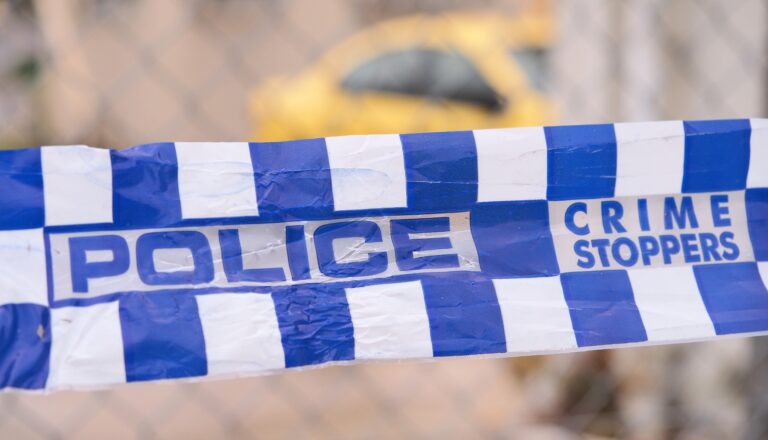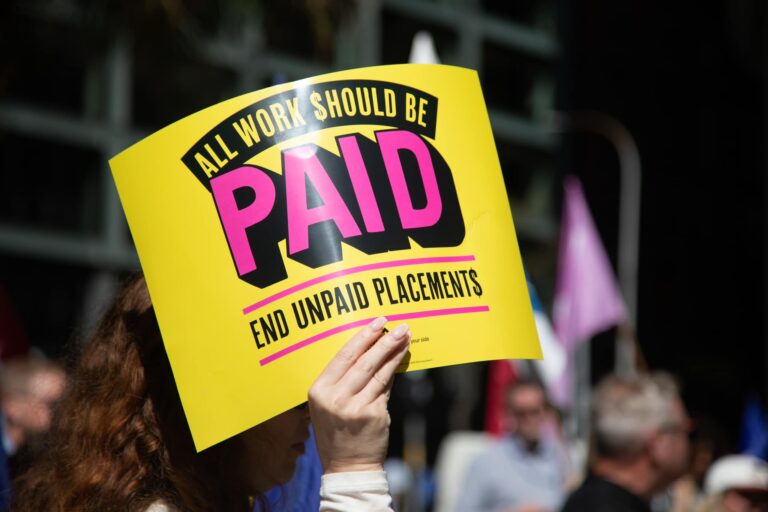
HOME SWEET HOME INVASION
The next time you bitch and moan on the telephone, consider this fact: On a per capita basis, you are twenty three times more likely to have your phone tapped in Australia than in America. According to a report released by the Attorney General’s Department, there were 2,929 warrants for wiretaps issued in Australia in 2005 – 2006 alone. During the same period, there were over 1,000 fewer phone surveillance warrants issued in the whole of George Bush’s America. Just because you’re paranoid, it doesn’t mean no one’s spying on you. During 2006 – 2007, the number of warrants grew by a further 10%: 3,280 phone intercepts were conducted nationwide and half of those wiretaps occurred here in NSW, where police sought more search warrants than the AFP and all other state and territory police forces combined. In real terms only 185 more wiretaps were conducted in the the US than in NSW alone.
Welcome to the Police State of NSW. With minimal media coverage in mid March the State’s Lower House unanimously voted to give police greater powers to pry on unsuspecting citizens. Once the Search Powers Bill is approved by the Senate, cops will have more surveillance powers than the AFP. Under the act, police would apply to the Supreme Court for a search warrant to observe people suspected of breaking laws punishable by at least seven years’ jail, including drugs and firearms offences, homicide, kidnapping, assault, money laundering, hacking, organised theft and corruption. With an invisible warrant in their back pocket, police will also be able to break into an alleged suspect’s home or office without their knowledge. Under the new law, police may not have to disclose the fact that they clandestinely entered a house, tapped a phone or hacked into a computer for up to three years. Soon authorities will be able to secretly plant a remote tracking device or virus in a suspect’s home or office computer or they could simply park outside a home or office and hack into a suspect’s hard drive using the wireless network. As Premier Nathan Rees recently boasted, “Police will also be able to gain remote access to computers for seven days at a time, up to a total of 28 days or longer in exceptional circumstances, to allow them, to undertake forensic off-site examination.”
As if those powers weren’t extraordinary enough, police could also obtain a warrant to enter a neighbouring property to spy on a suspected criminal. In short, if the guy next door runs afowl of the law, the local constabulary could break into your house, violate your privacy and not tell you for up to three years. As Greens Senator Sylvia Hale stated, “This is a gross invasion of privacy on people who just happen to live next door to suspected criminals. They get caught up in these covert police operations. Police, or police dressed as plumbers, will be allowed to break into their house or office and go though roof cavities, walls or floors to gain access to the neighbours.”
Civil libertarians argue that giving police the opportunity to enter people’s houses without their knowledge runs the risk that.corrupt cops will plant incrimenating evidence without the intrusion coming to light for up to three years. Such scenarios have happened here in the past. After all, there is a long history of corrupt conduct on the part of NSW cops. As NSW Council of Civil Liberties president Cameron Murphy puts it, “These are exactly the types of laws that led to a huge police corruption problem in NSW in the past. It is going to lead to more police corruption.” Until now these kinds of policing practices have been illegal in NSW. In 2007, the Supreme Court ruled that police do not have the right to enter and search a property while the occupant is away. In introducing its new legislation, the government has admitted police have continued to secretly enter suspects’ premises despite the court’s ruling in Ballis v Randal — thus obtaining evidence which would probably be inadmissable in court.
In the wake of September 11, police have amassed incredible powers, which were supposedly temporary measures. Instead those powers have increased subtantially, with a raft of new a laws added to the books. Since 2001, 48 pieces of anti terrorism legislation have been enacted in Australia – more than in either the US or the UK. In 2002 then Premier Bob Carr introduced new anti terror laws in NSW, declaring, “the new powers given to police are confined to limited circumstances. As I have said repeatedly, it is not my instinct to fling at police and security agencies crudely increased powers. In any democracy there must be a healthy suspicion of law enforcement powers.” Despite these and similar assurances from a variety of lawmakers, anti terrorist laws have remained on the books and are rarely used to track suspected terrorists. Of the 3,280 phone taps conducted nationwide, only one in one hundred was terrorism related.
Australia is not alone in using anti terrorism laws for every day policing. In January the UK revealed it had quietly introduced similar sneak and peak laws, following a ruling by the EU, which allows member states to use warantless surveillance techniques. In February, the International Commission of Jurists found a troubling trend amongst western nations to normalise the extraordinary powers granted to police through anti terror legislation According to ICJ, “many governments have confronted the threat of terrorism with ill-conceived measures that have undermined cherished values and resulted in serious violations of human rights…[there is a] danger of ‘temporary’ measures becoming permanent features of law and practice in many states, including in democratic societies.” While many western nations have expanded police authority, Australia is the only western democracy without a Bill or Charter of Rights to protect the individual’s basic right to privacy in a democratic society. The Rudd government has established a Human Rights Commission, which is currently accepting submissions on the need for a Charter of Rights at a federal level. The commission will report its findings to the government by August 31st. Federal protections against state intrusions are long overdue.









